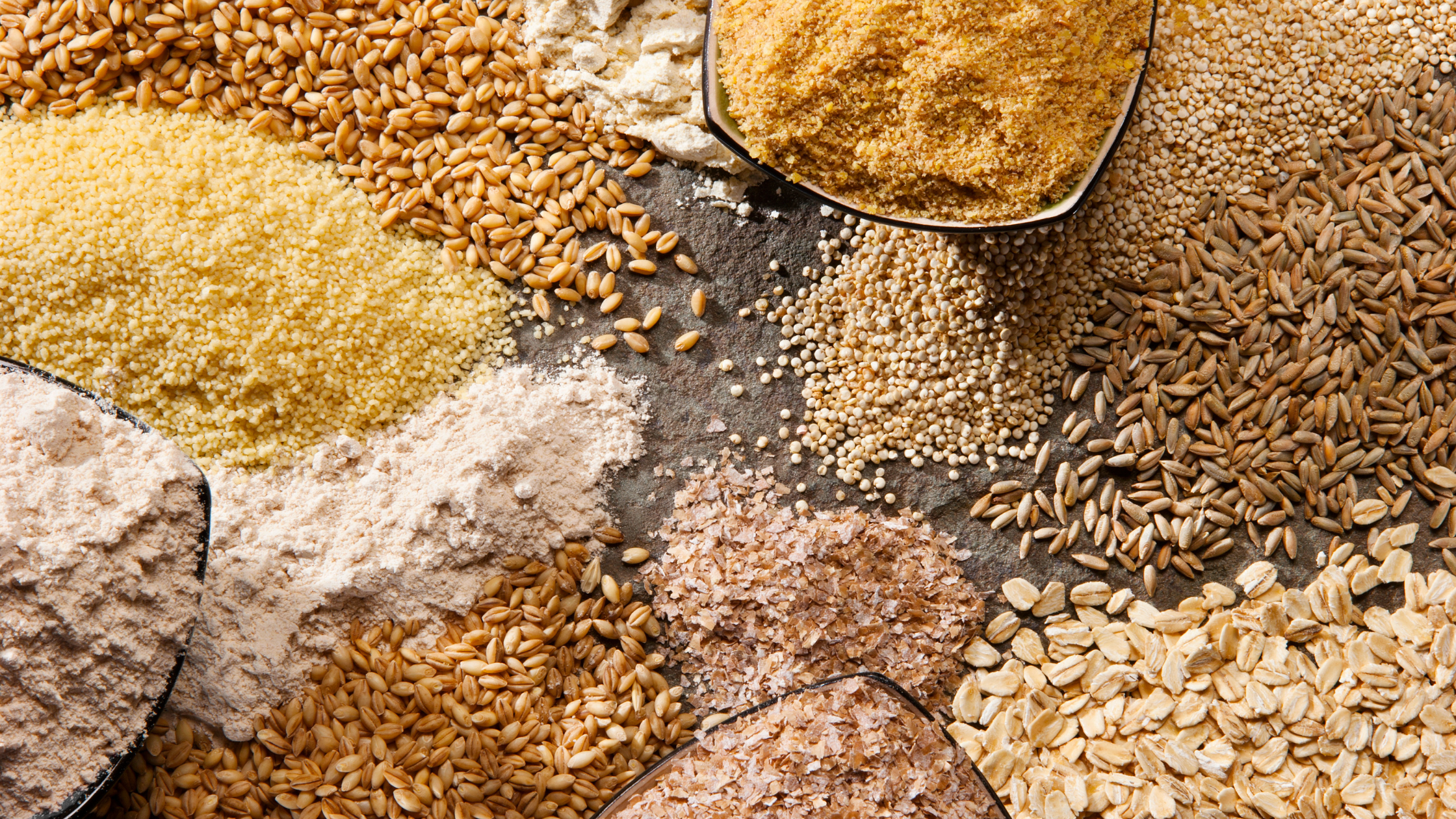Live to Be 100 with These Key Habits
Written by TYE Medical on Sep 5th 2024
What can you do if you want to live to be 100? It’s more than just good genes and luck (although they certainly help). Your longevity isn’t entirely random. Certain habits can add years to your life (or subtract them). If you want to join the “centenarian club,” it may only take a few adjustments. A new study highlights key habits that increase that maximize your time on earth and decrease health risks that could detract years. Even more interesting is that it doesn’t seem to matter whether you’re young or old, implementing these habits now can help you live to be 100. The research focused on those who were 80 and above. So, here is the scoop on living longer, even if you think it’s too late.
1. Get Regular Exercise

Exercise is the most important factor in living to age 100 or extending your life as much as possible, increasing your odds by 31 percent. Any amount of activity helps, but it’s best to shoot for moderate exercise for 30 minutes, five days per week.
It’s generally recommended that at least two of these sessions are strength-training and the other days cardio. If only three days a week works for you, then incorporate that into your schedule. If you don’t think you can maintain a strength-training routine, then stick to cardio. The idea is that you keep your body moving, prevent disease, manage weight, and prolong life.
2. Don’t Smoke

Perhaps this is obvious, but smoking will only subtract years from your life. In fact, you have a 25 percent higher chance of becoming a centenarian if you’ve never smoked. But stopping is still worth it, adding years to your life in most cases. Carcinogens in cigarettes and related products dramatically increase cancer risk and the likelihood of developing lung diseases and other health problems that impact longevity.
3. Eat Mostly Vegan

The key here is the word “mostly,” which means you are eating a plant-based diet but may have very limited amounts of dairy and meat. Fish is limited to a maximum of three times per week with a focus on varieties high in Omega fats like salmon, cod, trout, shrimp, clams, sardines, and anchovies. Dairy is consumed sparingly as is poultry, pork, and red meats.
Eating mostly plant-based foods can reduce disease-causing inflammation, because produce is rich in antioxidants and inflammation-fighting nutrients. These diets are also high in fiber, which keeps inflammation at bay. On the contrary, dairy products and meats are known to trigger inflammation and are often consumed regularly and in larger quantities.
It’s best to increase plant-based food until you find a level of comfort that is sustainable. There is no need to make drastic changes that you can’t maintain over time. Find your threshold and begin implementing more produce and less meat and dairy. Doing so will increase the likelihood of seeing your 100th birthday.
4. Eat Less Protein
This advice might sound strange since everywhere we’re told to eat more protein to lose weight, prevent diabetes, and maintain muscle mass. This is all true but exactly how much protein you need should be well defined. If you are under 65, you don’t need to go all-out on protein. In fact, it’s not recommended if you want to extend your life.
What does a “low” protein intake look like? For younger folks, it means eating between 0.31 and 0.36 grams of protein per pound of body weight. So if you weigh about 130 pounds, you’ll need 40-47 grams per day. If you’re about 200 pounds, you’ll need 60-70 grams per day. So, it’s not exactly low in the sense of foregoing protein at meals. But it does mean that loading up with more than this isn’t exactly healthy. More isn’t always better. Don’t make all your meals about protein. You may find you’re consuming far more than you need.
But after age 65, you should push this limit a bit more and eat more lean protein than when you were younger. It’s common for your appetite to be less, but be sure you’re still getting the protein you need. Lean protein includes eggs, beans, nuts, and legumes. Dairy also works, but if you want to maintain a plant-based diet, look for protein-rich plant-based products. You can also try sheep or goat milk products that can provide protein with fewer inflammatory effects.
5. Minimize Saturated Fats

This will naturally be the case if you’re following a plant-based or vegan diet. Saturated fats are primarily contained in animal products like meats (especially red meats), dairy products, and many processed foods, especially baked goods and snack foods
Minimizing saturated fats not only helps your waistline, it keeps your cholesterol and blood pressure down. High cholesterol and blood pressure cause many age-related diseases like heart disease and diabetes. These common illnesses seriously impact longevity.
6. Eat Whole Grains and Reduce Sugar

Choose whole grains over food products made with heavily processed white flour. This extends your life by reducing the likelihood of obesity, diabetes, and related diseases. Whole grain food products are less processed, leaving most of the edible parts of the grain intact. Not only do you derive nutrition and fiber from these whole grains, you also digest them more slowly, giving your body time to break them down into sugar gradually.
Your body easily digests processed white flour and rapidly outputs into your bloodstream as sugar, ultimately causing weight gain and diabetes over time. This is no good if you want to live to see your 100th year.
Rapid Aging in Your 40s and 60s

Two rapid bursts of aging happen in a human lifespan. One occurs at about age 44 and the other at about age 60. Science calls these periods “major biomolecular shifts” that can seriously impact health. These times of rapid aging mark points of dramatic change in your mid-forties and early sixties, especially in the latter.
In your sixties, your immune system declines which means you’re more susceptible to cancer and infections. You also have a greater chance of developing heart disease during this time, as high blood pressure and cholesterol progress to other conditions.
A more rapid decline in your sixties isn’t surprising, but a steep decline in your forties could be concerning. It’s possible that the rapid aging in your forties is linked to lifestyle habits, as the general population has become more sedentary with diets high in saturated fats and light on nutrient-rich produce. This is also a time of high stress with higher divorce rates, family and work pressures, weight gain, and other facts that take a toll on your body.
It’s Never Too Late to Lengthen Lifespan
If you’ve hit your 40s, 60s, or even 80s, you can still take steps to reverse the aging process.
Making healthy changes now, even if you’re in your eighties, can make a notable impact on your health and length of days. Adding walking to your daily routine and improving your diet can extend your life. It’s also important to avoid gaining weight to avoid diabetes and high blood pressure.
If you’re in your 40s, you can also benefit from improving muscle mass, which means adding that strength-training into your exercise routine. And now is the time to start watching your cholesterol and minimize alcohol consumption. Your metabolism has started to slow, which means you’ll need to be more vigilant about gaining weight.
If you’ve been slow to change your lifestyle habits, it may be time to make those adjustments and still see the effects.



